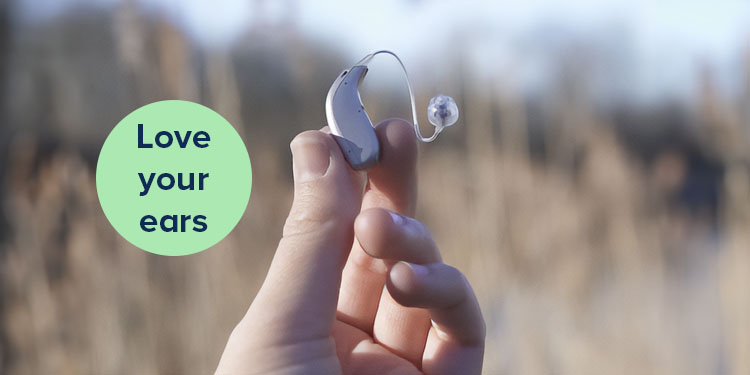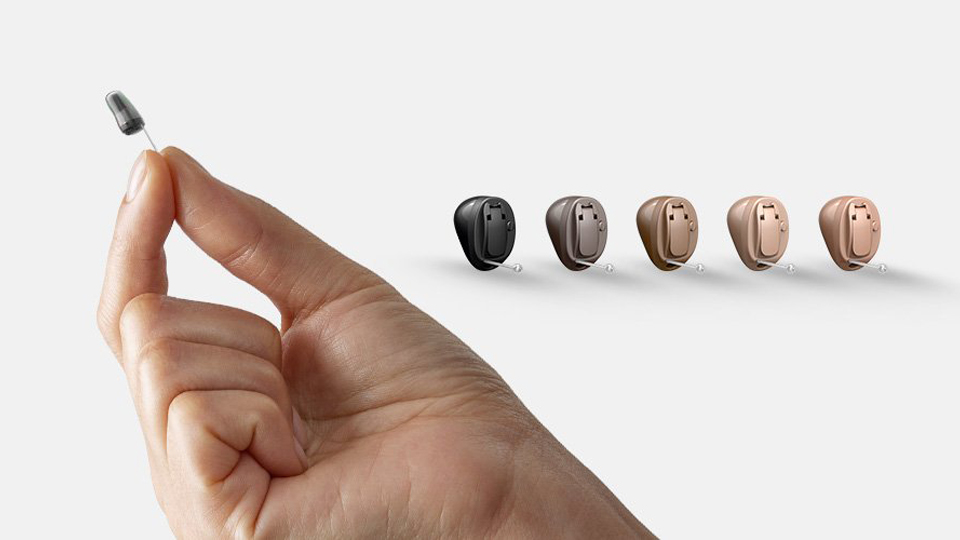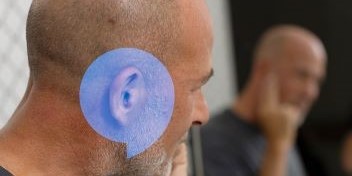Hearing loss: what are the symptoms?
When we talk about hearing loss, we often think of the most obvious symptoms. Things like asking others to repeat themselves, having the TV volume too loud, or missing parts of conversations, especially in noisy places. And these warning signs are often so subtle and can creep up so gradually that they’re usually the ones that we ask people to pay the most attention to.
It can take people years to seek help for hearing loss – between 9–10 years according to the World Health Organization (WHO)1 – and even then, it’s often the sufferer’s spouse or partner who notices the problem first.
Hearing loss and falls – is there a link?
While we often talk about the mental impact that the signs mentioned above can have – social isolation, anxiety, depression – there is one physical symptom with equally debilitating consequences: falls.
The NHS estimates that 1 in 3 adults over 65 and over half of over 80s will have a fall in the next 12 months2. And the effects can be devastating.
The reasons behind falls are complicated, this article lists 25 different risk factors, including Parkinson’s disease, environmental factors (poor lighting, loose footwear etc.) and even certain medication.
But there is increasing evidence that hearing loss is a contributing factor. It’s unclear how hearing loss and falls are connected, but there are a few theories. These include echolocation (being able to ‘sense’ the sound of your surroundings through hearing), described by NPR’s health correspondent Allison Aubrey as the feeling that “if we close our eyes, we can sense whether we're in a big auditorium compared to a small closet, based on the sound echoing off walls and objects around us”3.
Another theory is reduced cognitive function. When you have hearing loss, you use extra brain power to fill in the gaps you’re missing, so there’s less available to assess your environment. And finally, hearing loss could impact the vestibular system, responsible for balance, which is found in the inner ear.
Hearing aids could help
Although the reasons why hearing loss can increase the risk of falls are not 100% clear, there is evidence4 that using hearing aids decreases your chances of falling, especially if you wear them consistently.
According to recent research5, published in The Journal of American Geriatrics Society, people who wear hearing aids are 50% less likely to suffer a fall than people with an unaided hearing loss. And for people who wear hearing aids for at least four hours per day, the chances of falling are even lower, up to 65% less than that of non-hearing aid users.

It could be that hearing aids don’t just help your hearing, but act like a “balancing aid”6, like a cane or walking stick.
If you’re worried about your hearing in any way, you can book your free hearing test by following the link. Or you can take our online hearing test. It’s free, takes five minutes and is a great way to get a general idea of how well you can hear.





